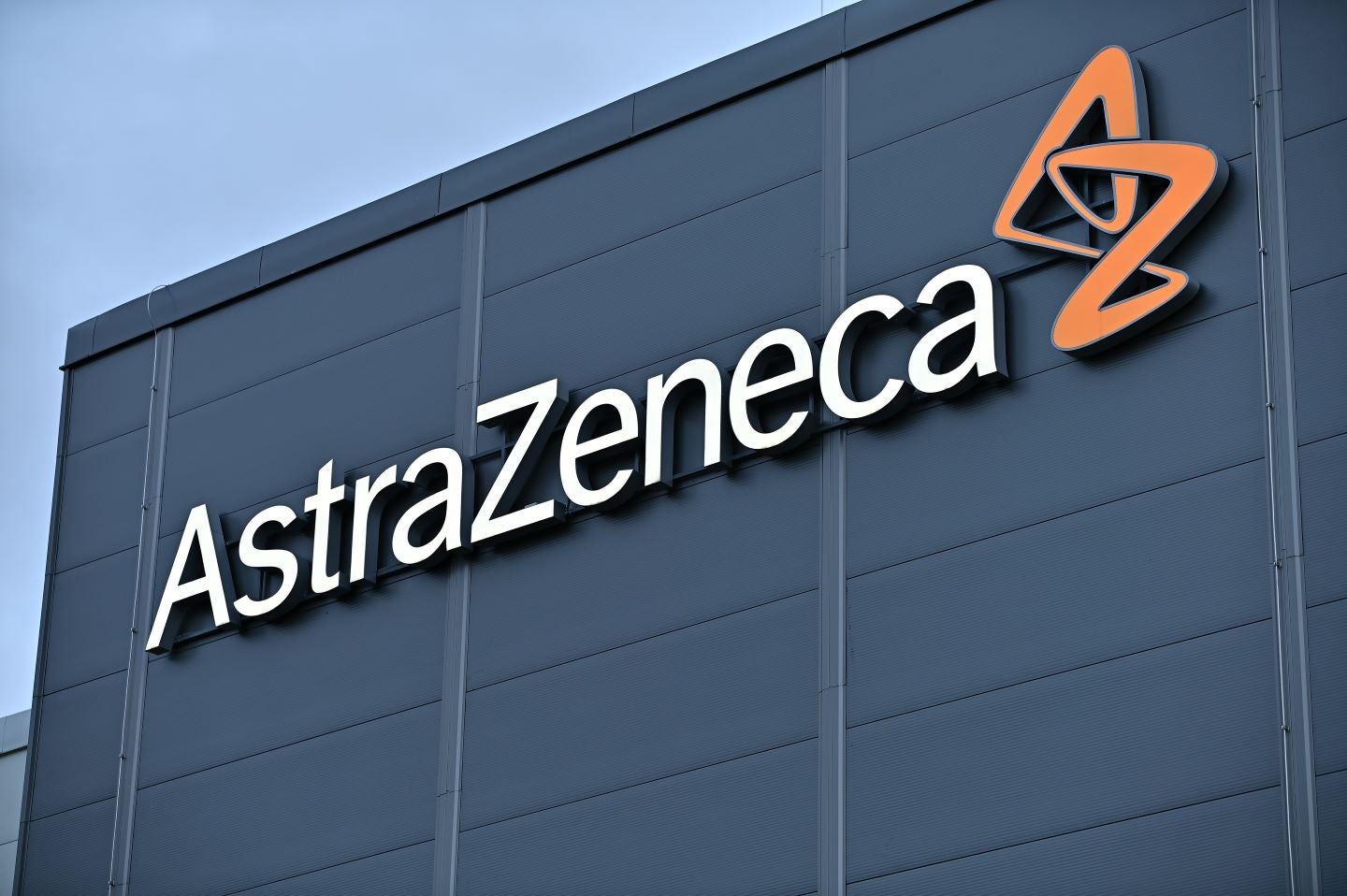On 31 March, at the American College of Cardiology (ACC) Annual Scientific Session & Expo in Chicago, US, the findings from the PURSUIT Phase IIb clinical trial were presented. The study evaluated the efficacy, safety, and tolerability of treatment in 428 patients with hypercholesterolemia.
AstraZeneca’s AZD0780 is an investigational oral medication that was developed to lower low-density lipoprotein cholesterol (LDL-C). It acts as a small molecule inhibitor of proprotein convertase subtilisin/kexin type 9 (PCSK9), which binds to a novel pocket in the PCSK9 C-terminal domain that does not affect the PCSK9-LDL receptor (LDLR) interaction. AZD0780 inhibits the lysosomal trafficking of PCSK9-LDLR complexes, preventing PCSK9-induced LDLR degradation.
Dr Michael J Koren, CEO and medical director of the Jacksonville Center for Clinical Research in Florida, US, presented the results of the PURSUIT Phase IIb trial, highlighting AZD0780 as a promising novel oral PCSK9 inhibitor. AZD0780 30mg taken daily demonstrated robust, dose-dependent, placebo-adjusted reductions in LDL-C from baseline to week 12 by up to 50.7%. Furthermore, 84.2% of patients in the AZD0780 30mg dose achieved the ACC/American Heart Association (AHA) consensus LDL-C goal of less than 70mg/dL at week 12. Secondary endpoints showed notable reductions in total cholesterol, non-HDL-C, and ApoB, with placebo-corrected decreases of 29.4%, 45.2%, and approximately 40%, respectively. Although the study did not formally test lipoprotein(a) (Lp[a]) reduction, AZD0780 exhibited expected PCSK9 inhibitor characteristics, lowering Lp(a) by 19.5% at the 30mg/day dose. The treatment was well tolerated, with adverse events occurring at similar rates in both the AZD0780 and placebo groups. No dose-related or dose-limiting side effects were observed, and no deaths were reported.
AZD0780 represents a novel approach in PCSK9 inhibition, targeting a specific binding pocket on the PCSK9 protein with high precision. By binding to this site, the drug blocks PCSK9 from degrading the LDLR complex, allowing LDLR to return to the cell surface in greater numbers. This increases LDL clearance from the bloodstream, effectively lowering cholesterol levels. While early safety data is encouraging, further research is required to fully validate the mechanism and confirm long-term safety. Ongoing studies aim to refine these insights and unlock the full therapeutic potential of this innovative treatment.
The trial showed a significant reduction in LDL-C when administered alongside standard-of-care statin therapy while maintaining a favourable safety profile. However, the study’s short duration and early-stage development make it premature to compare AZD0780 with other PCSK9 inhibitors that are currently on the market. Further research is needed to establish its long-term efficacy and safety profile.

US Tariffs are shifting - will you react or anticipate?
Don’t let policy changes catch you off guard. Stay proactive with real-time data and expert analysis.
By GlobalData





